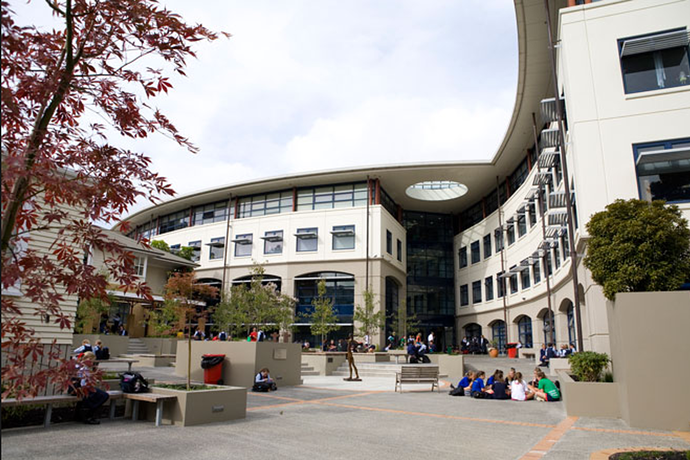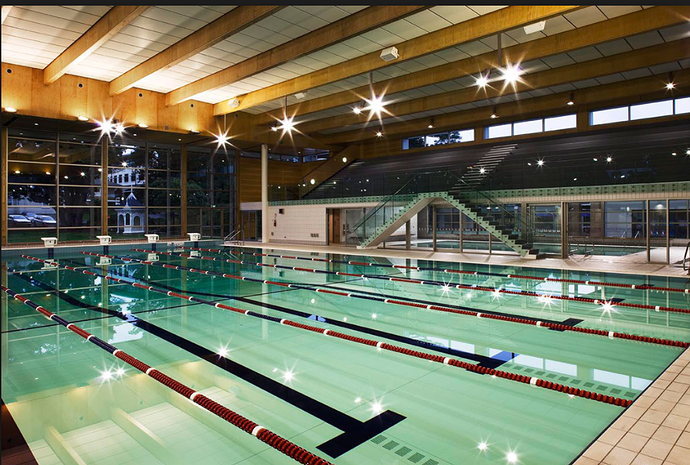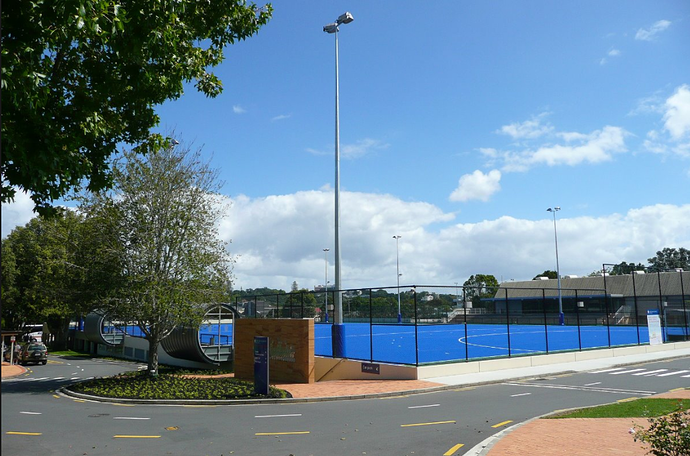- Which has stronger academics? What school performs better in NZQA and IB?
I graduated in 2014 from St Cuthbert’s and attended the school for 7 years. I found that St Cuths was consistently stronger in both NCEA and IB than Dio. Every year, we’ve had large numbers of students score 40+ and in my year we had two score 45, as with the year before mine. The number of NCEA scholarships we receive top the nation, and the percentage of students receiving Endorsements with Excellence grew year by year.
The academics at St Cuths are incomparable and the teachers go above and beyond and really invest time in their students. I’ve talked to students from other schools (Kristin, AIC, etc etc) and I’m horrified by how dismissive some of teachers were described to be. (I’m sure they are great schools, this is from my friends’ stories and limited perspectives). At St Cuths, I’ve emailed teachers throughout the holidays and had them give me extensive feedback on my work. If I missed a few classes or was struggling with an assignment, my teachers would meet up with me after school, in their lunch breaks, before school – whenever! And they were happy to do it. My maths teacher ran weekly lunchtime sessions for anyone who needed extra help. My French teacher did the same with her HL girls. My tutor group teacher would give me crash courses in NZQA Bio scholarship during our tutor group periods. IB is taught fantastically and the TOK program is especially strong compared to other schools. I would not be where I am today if it weren’t for my teachers at St Cuths and I cannot thank them enough.
I will add that I was among the more ambitious students, and so St Cuths really gave me the extra push to excel even further academically. The IB program in St Cuths has a strange stigma of being put on a pedestal where a large proportion of the cohort (5 or 6 out of 30) would switch to NCEA because they are getting 4s and 5s instead of 6s and 7s. It’s almost as if scoring under 34 or so means you should reconsider whether IB is “right for you”, whereas there isn’t anywhere near this kind of pressure in Dio or Kristin from what I hear. That being said, if you are someone aiming for 40+ or even a 45, it is a great environment. If you are not, the comparisons have the potential to get a bit disheartening and harmful on your self-esteem and mental health. However, St Cuths was never a competitive environment (nothing like AGS!!) and all the girls in IB were very close friends and supportive.
- What values define each school?
Sure, the school values its academics and striving for excellence, but as mentioned above by others, the school motto is “By Love, Serve”, which means to provide service out of love. I used to joke about this motto as it was so often repeated but having left the school now, it has really stayed with me. The school really does value service and there are so many opportunities provided to the students. People leap at the chance to work with charities, so much so that sign-up sheets for charities like Ronald McDonald House would be full within an hour. During my time there, I’d volunteered for 7 different charities, and there were even more on offer. This value of serving truly seeped into every aspect of the St Cuths community.
- Which school is stronger for athletes?
I can’t comment much on this as I was more of a performing arts girl but from what I know, there have been a handful of students receiving sports scholarships to US universities every year. We have a stellar new sports centre with gym/swim membership included, as well as a relatively new (a couple years old now) performing arts centre. I do agree with others that Diocesan is stronger in performing arts but St Cuths definitely still holds its own.
- Which school has a better leadership culture and prefect selection process?
St Cuths emphasizes leadership almost too much. If I had a nickel for how many times our year group was told that we were “leaders”… However, St Cuths has never been “all talk” when it comes to leadership. It is true that the more you hear something, the more you believe it. In Y13, there is a leadership opportunity for everyone who wants it. Leadership was very strong at St Cuthbert’s and almost everyone who comes out of the school is a confident, self-assured woman who has no doubt she can succeed in whichever field she so desires. Girl power is strong at the school, and dare I say feminism – we come out of the school knowing our worth because we are shown it every day in the classroom. This all culminates in moulding girls at St Cuths to become natural leaders.
The prefect selection process is very democratic, but enough has been said on this topic already so I won’t dwell on it.
- What school performs better in overseas education?
I’m surprised to read that one poster on this forum from Dio was discouraged to pursue studying overseas! Every year many St Cuths girls gain admission to schools around the world. From my cohort, I can name ten off the top my head who are currently studying in Australia, many who are studying undergrad/direct-entry medicine. The careers counsellor was absolutely extraordinary and supportive despite my slightly naive aspirations to study medicine in the US. She never told me bluntly that I couldn’t do something but she was definitely honest (I just chose to remain optimistic about the situation) and full of information. Unfortunately she left the position at the end of 2016 but I don’t doubt her replacement will have the same expertise in overseas tertiary education.
- What is the student culture like at each school?
By Year 13, there was very little (if any) stereotypical “private school girl cattiness”. Yes, it was definitely evident in intermediate/early high school years, but people grow out of it. I believe Kahunui in Y10 was essential for this as it not only taught leadership skills and independence but also got people out of only interacting with their respective cliques. Sure, every intake at Kahunui had its fair share of drama (put eight 14/15yo girls into a house together for a month, what do you expect to happen?) but almost everyone is absolutely sobbing on the last day over having to leave. Everyone comes home from Kahunui with more life experience and respect/empathy for each other.
It’s true there is a division between the NCEA girls and IB girls – not from elitism/snobbery but simply because the IB girls are a smallish cohort who spend so much time together that it’s natural they become closer. Likewise, NCEA girls spend all their class time with each other. I still maintained my friendships with girls studying NCEA and saw them at lunchtimes, as did everyone else in IB, so it wasn’t like there were two separate worlds in Y13 or anything like that.
Like I emphasised above, the environment was very supportive and uncompetitive despite the school-wide expectation to excel academically. Students help each other, catch each other up on notes, and are a genuine, mature bunch by the end of it all. There really isn’t a sense of tall poppy syndrome. Assemblies almost always featured some one/group walking across the stage to receive an award because achievements were always celebrated and encouraged. You want your friends to succeed and you will help them to do it, as they will do the same for you.
All in all, my experience at St Cuths significantly shaped the person I am today – not just academically, but in leadership and values also. I’m sure Dio is a fantastic school, but I can’t recommend St Cuths enough.


